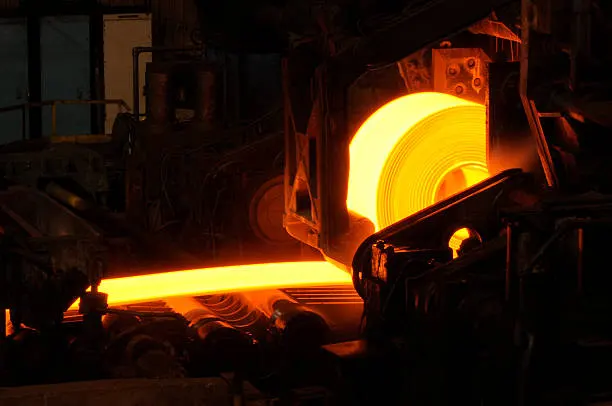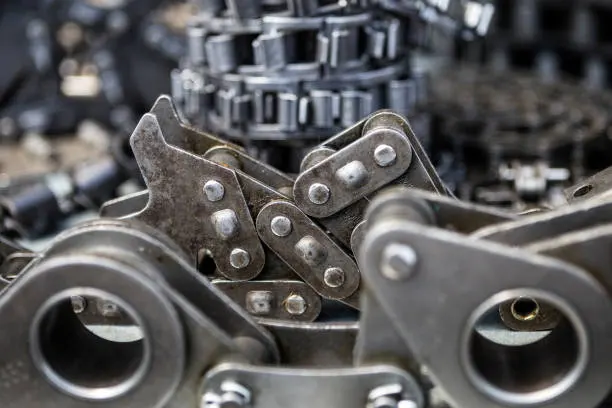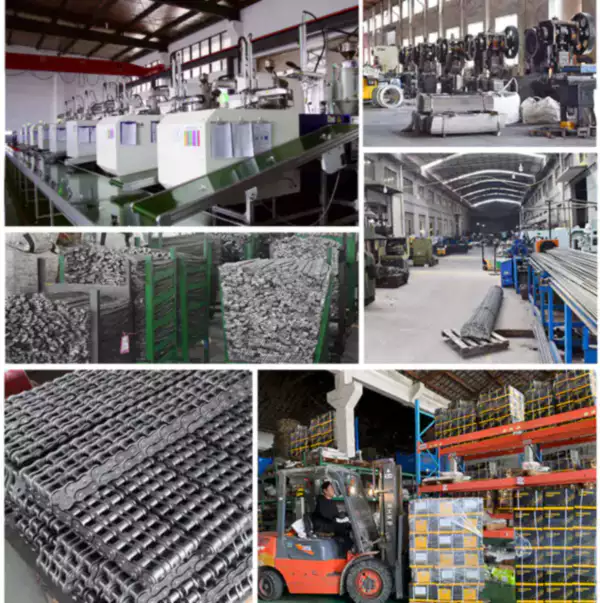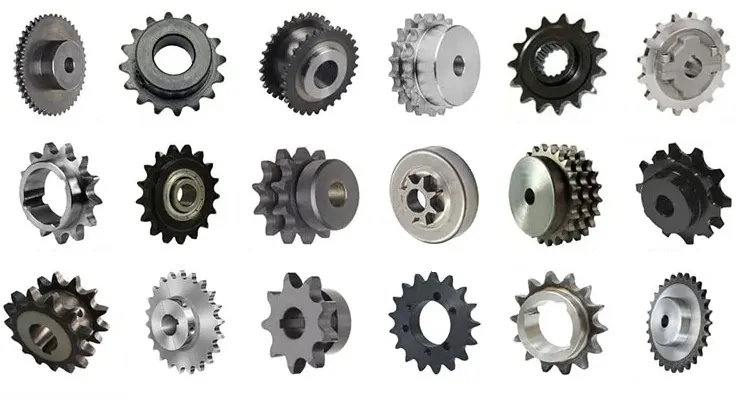Stainless steel metallurgical electrolysis anode chains are essential components in the production of various metals, including aluminum, zinc, and copper. However, with the harsh conditions of the electrolysis process, these anode chains are susceptible to corrosion and other forms of damage, which can shorten their lifespan significantly. To ensure that your anode chains last longer and perform optimally, here are some tips and best practices to consider:
1. Select the Right Grade of Stainless Steel
The performance and lifespan of your anode chains depend largely on the type and grade of stainless steel used in their construction. When selecting your anode chains, choose a grade of stainless steel that is highly resistant to corrosion, such as 316L or 904L. These grades contain higher amounts of molybdenum, which improves their corrosion resistance, making them ideal for use in harsh environments.
2. Maintain the Right Electrolyte Concentration
The electrolyte concentration in the production process can also affect the lifespan of your anode chains. High electrolyte concentrations can speed up the corrosion process, while low concentrations can cause passivation, a process that forms a protective layer on the surface of the anode chains, which can reduce their reactivity. It is important to maintain the right balance of electrolyte concentration to prevent excessive corrosion or passivation.
3. Regular Inspection and Maintenance
Regular inspection and maintenance of your anode chains can help detect and prevent any issues that may affect their performance and lifespan. Inspect the chains regularly for signs of corrosion, wear, or damage. Replace any worn-out or damaged chains immediately to avoid further damage to the production process. It is also essential to clean and lubricate the chains regularly to prevent corrosion and improve their overall performance.
4. Control the Temperature and Current Density
The temperature of the electrolyte and the current density can also affect the lifespan of your anode chains. High temperatures and current densities can lead to accelerated corrosion and damage to the chains. It is important to maintain the right temperature and current density to prevent such issues. Use temperature and current controllers to monitor and control the temperature and current density of the electrolyte.
5. Proper Handling and Storage
Proper handling and storage of your anode chains can also help improve their lifespan. Avoid dropping or hitting the chains during handling, as this can cause damage. Store the chains in a dry, clean, and well-ventilated area to prevent corrosion. It is also essential to store the chains away from other metals or materials that can cause galvanic corrosion.

6. Use Protective Coatings
Applying protective coatings to your anode chains can also help improve their lifespan. Coatings such as ceramic, polymer, or Teflon can protect the chains from corrosion and other forms of damage. The coatings can also improve the chains' electrical conductivity, reducing their resistance and improving their performance. However, it is essential to select the right coating based on the production process and the type of electrolyte used.
7. Optimize the Production Parameters
The production parameters, such as the voltage, current, and electrolyte flow rate, can also affect the lifespan of your anode chains. Optimizing these parameters can help improve the performance and lifespan of the chains. Consult with your production team to identify the optimal production parameters for your anode chains, and implement them consistently.

8. Proper Disposal of Worn-Out Chains
Finally, it is essential to dispose of your worn-out anode chains properly. Stainless steel is a recyclable material, and you can sell your worn-out chains to steel scrapyards. This not only ensures proper disposal but also generates some income for your production process. Avoid disposing of the chains in landfills or other areas where they can cause environmental pollution.
Conclusion
Stainless steel metallurgical electrolysis anode chains are crucial components in metal production processes. By following the tips and best practices outlined in this article, you can improve the lifespan and performance of your anode chains, reduce downtime, and increase your production efficiency. Regular inspection and maintenance, proper handling and storage, use of protective coatings, and optimization of the production parameters are some of the strategies to consider for improving the lifespan of your anode chains.
Choose Our Stainless Steel Chains for Metallurgy Industry
RP Techniek BV, as the Dutch sales agency of Ever-power Group, offers high-quality stainless steel chains for the metallurgy industry. Our company prides itself on providing exceptional products and services to our customers.
When it comes to improving the lifespan of stainless steel metallurgical electrolysis anode chains, our chains are the ideal choice. We understand the unique requirements of the metallurgy industry and have designed our chains to withstand the harsh conditions and demanding applications.
Our stainless steel chains are manufactured using the finest materials and advanced technology, ensuring their durability and reliability. With our products, you can expect excellent corrosion resistance, high strength, and optimal performance, even in extreme temperatures.
In addition to our focus on product quality, we also prioritize customer satisfaction. Our team of experts is dedicated to providing personalized support and prompt assistance to meet your specific needs. We believe in building long-lasting relationships with our clients by delivering exceptional products and exceptional service.
Furthermore, we offer a wide range of stainless steel roller chains for various industries and applications. Whether you require chains for food processing, automotive, or any other industry, we have you covered. Our extensive product line ensures that you will find the perfect solution for your specific requirements.
Choose RP Techniek BV for your stainless steel chain needs in the metallurgy industry and beyond. Contact us today to discuss your requirements and experience the quality and reliability we offer.

Sprockets for Sale
When it comes to selecting sprockets for metallurgical electrolysis anode chains, it is essential to choose the right one to improve their lifespan. The key considerations in selecting a sprocket are its tooth count, bore size, and material.
It is important to select a sprocket with a tooth count that is compatible with the chain pitch. A sprocket with too few teeth can cause excess stress on the chain, while a sprocket with too many teeth can result in a weaker connection between the chain and sprocket.
Bore size is also an important factor. It is essential to select a sprocket with the right bore size to ensure a secure fit that will not damage the shaft. A loose fit can cause the sprocket to wobble, leading to premature wear on both the sprocket and chain.
Material is another crucial consideration when choosing a sprocket. For metallurgical electrolysis anode chains, stainless steel sprockets are the best choice. Stainless steel sprockets are resistant to corrosion and can withstand harsh environments, making them ideal for use in the metallurgical industry.
At our company, we understand the importance of selecting the correct sprocket for your metallurgical electrolysis anode chains. That's why we offer a wide range of stainless steel sprockets that are suitable for use in the metallurgical industry. Our sprockets come in different tooth counts and bore sizes, ensuring that you can find the perfect match for your chain.
Check out our selection of sprockets for sale today!

Edited By Zqq.
